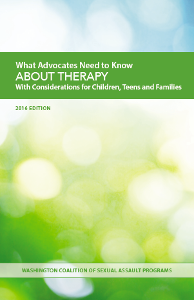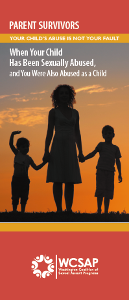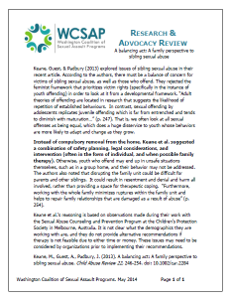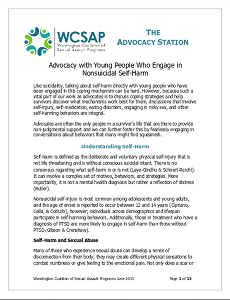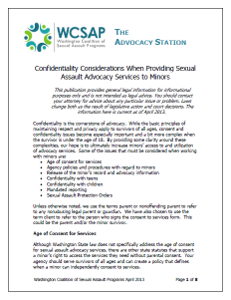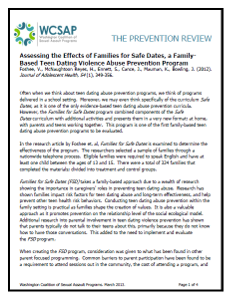Often in advocacy we are asked by survivors “why didn’t I fight? Why am I not a fighter?” This information can be useful to share with survivors and help them be able to think more kindly about their body/brain’s reaction to the violence they experienced.
The Amygdala's Role in Stress Response
The brain’s job is to take care of the body. The brain is divided into four key areas: the neocortex/cerebrum, the cerebellum, the limbic system, and the brainstem. Each area focuses…

